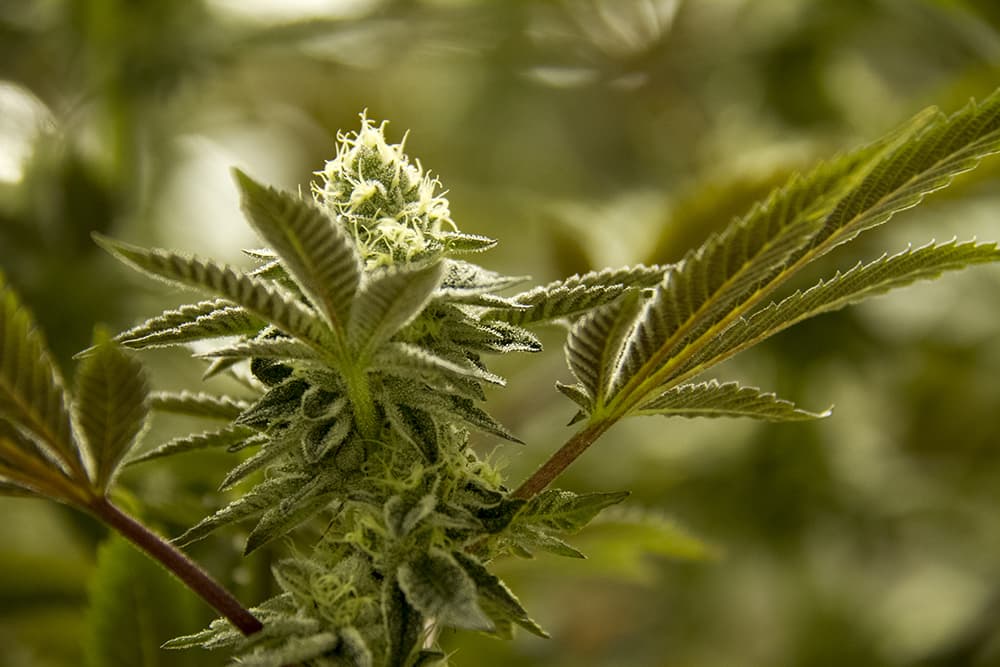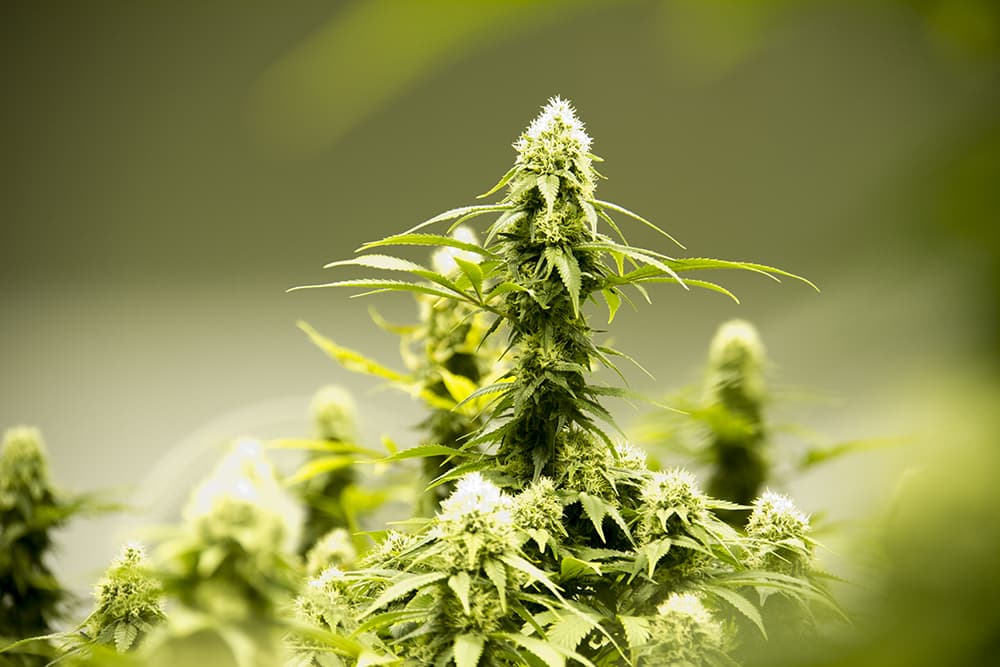
The Drug Enforcement Agency quietly introduced a new rule that reclassifies CBD or Cannabidiol extract. And everyone is freaking out about it.
In Wednesday’s Federal Register, the DEA introduced a new controlled substances code to classify “Marijuana Extract.” What this means is the DEA can now track and regulate quantities of extract separately from marijuana and tetrahydrocannabinol (THC).
It also means the DEA wants us all to know marijuana extract is classified as Schedule 1. Read: very illegal.
Here's how the DEA defines marijuana extract:
“…An extract containing one or more cannabinoids that has been derived from any plant of the genus Cannabis, other than the separated resin (whether crude or purified) obtained from the plant...Extracts of marihuana will continue to be treated as Schedule I controlled substances.”
CBD oil derived from hemp and containing 0.3 percent THC or less is currently available online throughout the U.S., Leafly reported, with sellers operating under the assumption that the low THC content makes their extract legal. But hemp is technically in the genus Cannabis.
And DEA chief Chuck Rosenberg directly addressed a comment concerning the legality of such oil, in the Federal Register:
"For practical purposes, all extracts that contain CBD will also contain at least small amounts of other cannabinoids. However, if it were possible to produce from the cannabis plant an extract that contained only CBD and no other cannabinoids, such an extract would fall within the new drug code."
This is not a major law change.
It seeks to provide a new tracking code for cannabis oils and extracts and reinforce the DEA's position on them -- that they are illegal.
The executive director of the Hemp Industry Association, Eric Steenstra, told Ganjapreneur there is no reason to panic. Since most of the hemp grown in the U.S. is produced under the 2014 Farm Bill, there is a federally recognized difference between hemp and marijuana.
“These codes just help the DEA with record-keeping,” Steenstra told Ganjapreneur. “But that’s not going to result in any kind of enforcement action."
Is this move legal?
Colorado cannabis attorney and adjunct professor of law at the University of Denver, Robert Hoban, told Leafly it may not be.
“This action is beyond the DEA’s authority,” Hoban told Leafly in an interview. “The DEA can only carry out the law, they cannot create it. Here they’re purporting to create an entirely new category called ‘marijuana extracts,’ and by doing so wrest control over all cannabinoids. They want to call all cannabinoids illegal. But they don’t have the authority to do that.”
This new clarification seems to indicate that growing hemp is fine, but extracting CBD oil from it is not. If left as is, Hoban said this new language could threaten thousands of businesses.
And in the 28 states that have legalized medical marijuana, the Rohrabacher-Farr amendment still protects patients who possess CBD oil, at least until April, after which it will need to be renewed again.
Multimedia business & healthcare reporter Chloe Aiello can be reached via email at [email protected] or twitter.com/chlobo_ilo.
Subscribe to Denverite’s newsletter here.













